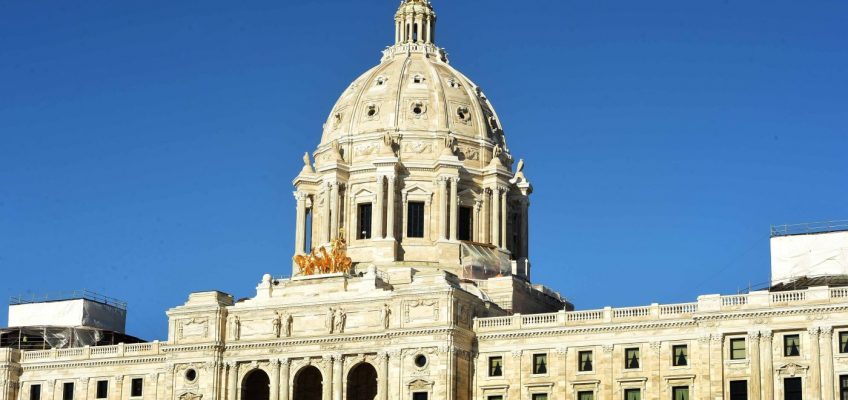In 2023, Minnesota enacted the most expansive paid family and medical leave (PFML) law in the country. Starting Jan. 1, 2026, nearly all workers will be eligible for up to 20 weeks of partially paid leave each year — with wage replacement rates as high as 90% for lower-income employees. The benefit will be funded through a statewide insurance program, paid for by a new payroll tax, with employers covering at least half the cost.
Other states have adopted PFML programs, but none go as far. California offers six to eight weeks of leave with tighter wage caps. New York provides up to 12 weeks at 67% wage replacement. Minnesota’s model is far more ambitious — and largely untested.
The law’s stated goal is admirable: to give workers time to care for themselves or loved ones during difficult moments. For many Minnesota businesses, however, concerns remain — not just about higher taxes, but about implementation and unintended consequences.
PFML consistently comes up in business roundtable discussions across the state. Two questions dominate: How rigorously will eligibility under the law, especially given its ambiguous language, be enforced, and how many employees will take advantage of the benefit each year?
Most employees will use the program responsibly. But generous benefits combined with limited oversight — a common issue in public programs — could lead to far higher utilization, and even misuse, than anticipated.
The implications matter. Minnesota’s labor market is already tight, with unemployment at just 3.2%. Employers in sectors like manufacturing, healthcare and other hands-on industries may need to overstaff simply to cover unexpected absences — a costly burden in an already strained hiring environment.
As one small business owner recently put it: “We have two full-time warehouse workers. If one takes 20 weeks of leave, I either need to scramble for a temporary replacement — which won’t be easy when everyone else is doing the same — or hire a third employee in advance and carry 50% more labor cost indefinitely.” Imagine that dynamic playing out simultaneously across the thousands of small-to-midsize businesses which account for almost half of Minnesota’s jobs.
All of this comes against a backdrop of economic underperformance. From 2019 to 2024, Minnesota ranked in the bottom third of states for GDP growth and job growth, according to the Minnesota Chamber of Commerce’s “Minnesota: 2030” report. Businesses are already investing elsewhere. A rocky rollout of a costly program could accelerate that trend.
Any large-scale social program must be paired with accountability, transparency, and flexibility. This law could go smoothly and meet its goals — or veer toward something far different.
Either way, one essential question for Minnesota’s elected leaders remains: What exactly is the contingency plan if this ambitious program does not go as expected?
Patrick Knight, Orono, is CEO of a Minnesota food processing company.
Related Articles
Letters: With allegations of more huge fraud in Minnesota, these questions come to mind
ML Cavanaugh: We desperately need a dose of ‘Truth, Justice, and the American Way’
Jonathan Levin: Powell’s caution on tariff-driven inflation is right
David Brooks: America’s response to the new Cold War is weak and self-defeating. We can do better
John Lawrence: Uncle Sam wants you … to rat on national parks that reflect true history




